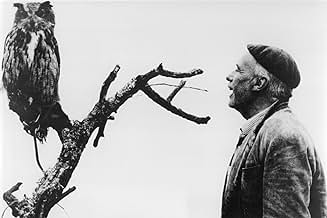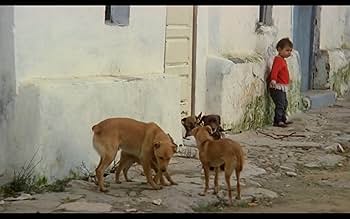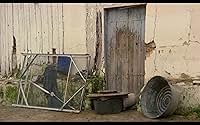If I would believe in a god who created man as his equal, Mario Camus would be one of the first people to come in mind to make me understand how powerful that god must be. 'Los santos inocentes' is a masterpiece of European cinema. The movie brings us back to times in Spain where most people were nothing more than property of the few rich. The 'master' even had the right to be the one to make the daughters of his serfs lose their virginity. A man and wife living such a cruel life, with trouble enough of their own, still open up their house for the wife's brother Azarias (Francisco Rabal), when he -at old age- loses his job. And Rabal gives us a performance of simplicity and joy that we will never ever forget. Although I've heard of people who found it difficult to see the beauty through all the misery, to me this is one of the most beautiful movies I've ever seen. Possibly also the very best.

![Watch Tráiler [OV]](https://m.media-amazon.com/images/M/MV5BMDA4ZTRjZjktOTJjYi00MGRlLWE3NDktYzgzNDAyYjk4NjY5XkEyXkFqcGdeQXRyYW5zY29kZS13b3JrZmxvdw@@._V1_QL75_UX500_CR0)





























